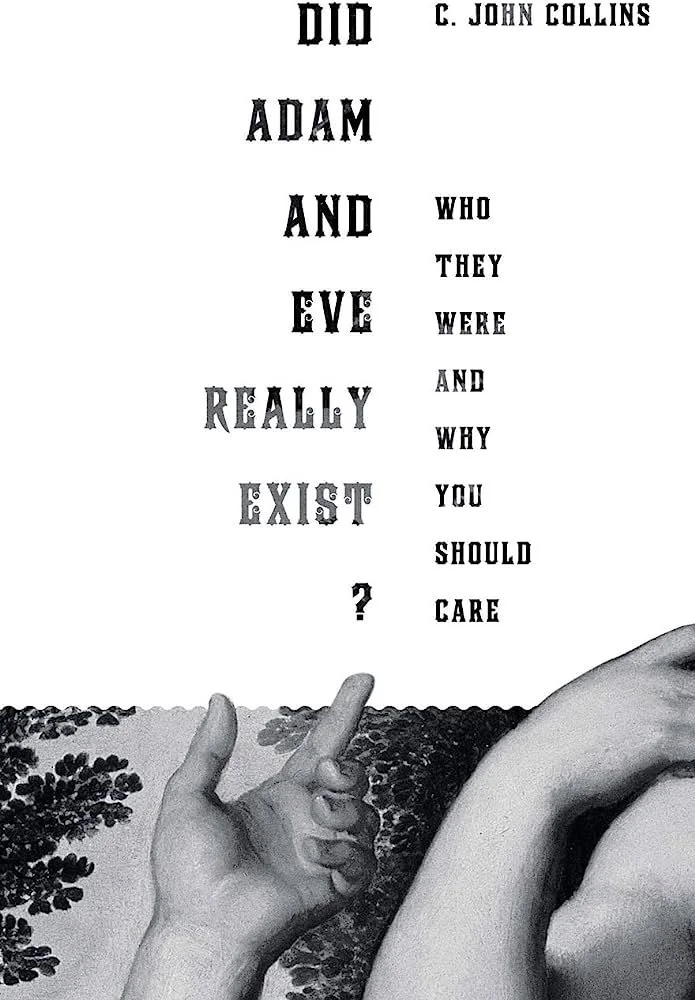Additional Qotes on the Litterary Approach to Genesis 1-11
We should not worry about the question of "truth" with regard to the Bible's use of Old World science. As we mentioned before, some scientific framework needs to be adopted, and all scientific frameworks are dynamic and subject to change. Adoption of the framework of the target audience is the most logical. The Old World science found in the Bible would not be considered "wrong" or "false" as much as it would just offer a perspective from a different vantage point. Even today we can consider it true that the sky is blue, that the sun sets, and that the moon shines. But we know that these are scientifically misleading statements. Science, however, simply offers one way of viewing the world, and it does not have a corner on truth. The Old World science in the Bible offers the perspective of the earthbound observer. One could contend that there are some ways in which it is more true that the earth is the center of the cosmos. This does not mean to suggest that there are many truths, but that there are many possible different perspectives that can each offer truthful information. The way any culture describes the makeup of the material cosmos may vary considerably from how another might. A century ago the idea of an expanding universe would have seemed ludicrous, while today the steady-state universe has fallen into disfavor. This is all part of fine-tuning cosmic geography.
God did not give Israel a revised cosmic geography - he revealed his Creator role through the cosmic geography that they had because the shape of the material world did not matter. His creative work focused on functions, and therefore he communicated that he was the one who set up the functions and who keeps the operations going, regardless of how we envision the material shape. This creation account did not concern the material shape of the cosmos, but rather its functions.
John Walton, The Lost World Of Genesis One. (IVP Academic, 2009) P. 16
it is probably more accurate, then, to describe Genesis 1-11 as providing the front end to an alternative worldview story- a story whose purpose is to shape Israel's stance toward God, the world, and the rest of mankind. As Kitchen noted,
Gen. 1-11 is the Hebrew answer on how to present "prehistory/proto-history" before the time of their first fully "historical" people, the patriarchs Abraham to Jacob. Again, the approach they adopted was common to their neighbors, using the same basic tools and concepts of that time: the succession of human generations, and how to span them. Mesopotamia chose to expand heroically" the too-few reigns available. The Hebrew genealogies became telescoped through time, keeping a representative number. (Kitchen, On the Reliability of the Old Testament, 447)
The Biblical alternative story certainly does reject or correct many elements of the other stories available (and perhaps attractive) to Israel: Genesis tells of one true God, who alone made and rules the heavens and the earth, and all that is in them; there is nothing left for any other god--if it exists-to do. There is coherence to the world, as the wisdom literature of other cultures presupposes; Genesis provides the true explanation for this, namely the one good God who made it all as the right kind of place for human beings to live, love, and serve.
C. John Collins, Did Adam and Eve Really Exist? (Crossway, 2011) P . 149.
Much debate has revolved around the Genesis 1 topics: (1) Are the days of Genesis long epochs of time or 24-hour periods? (2) How could the sun have been created on the fourth day after plants? (3) Does "each according to its kind" refer to the fixity of species? and (4) Is modern science in concordance or discordance with the "days" of Genesis 1? But if taken in the proper and intended context of literature written in the ancient Near East, there is no conflict in any of these topics. The Genesis writer was simply writing in the "politically-correct" cosmogenic and prose style of that day. Does this negate the importance or truth of God's revelation in Genesis 1 to humankind?
Not at all. If you were given a revelation from God, you would write it down in a style prevalent today and from your world view and cultural perspective. That is what the Hebrews did. They tried to show the highest respect for God by using the most sacred language they knew how to create -where every word and phrase was weighed scrupulously and woven together to present the most harmonious text possible. If one takes into account the literary style and numerological conceptions of the ancient Mesopotamians, then the dilemmas that arise from a literalist (literally a 24-hour day creation) or concordist (each day represents a geologic age or epoch) view disappear.
Carol A. Hill, "Making Sense of the Numbers of Genesis," Perspectives on Science and Christian Faith 55, no. 4 (2003): 239-51.



